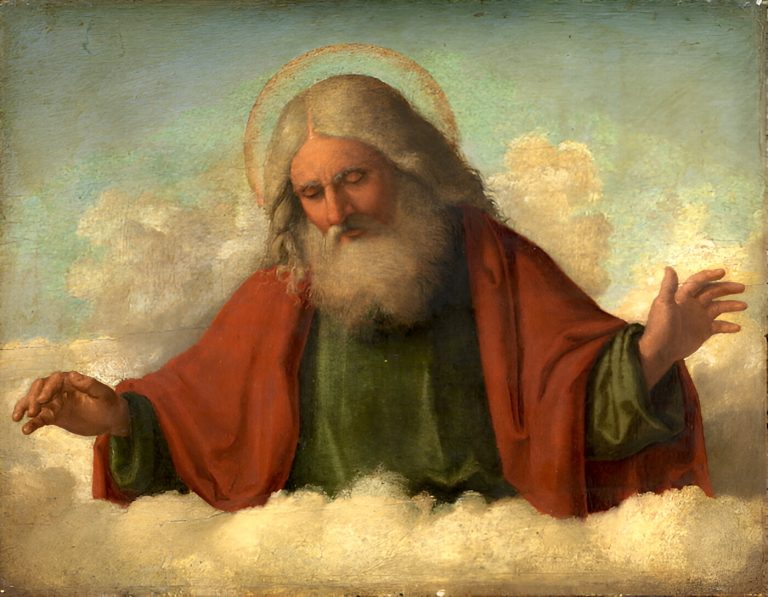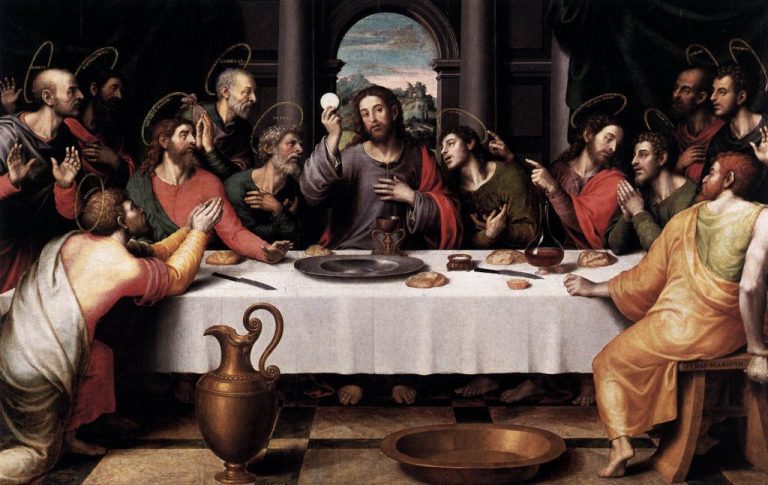In reading Pascal, one is struck by his respect for, and puzzlement about, the Jews. He seems to be saying, in several passages, “Here are all these Jews, earnestly writing down prophecies for thousands of years. They write them, store them, study them, and they don’t believe them.”
He suggests that this is one of the great ironies of history: God had chosen a people, had them moving all over the middle east, provided prophets whose words they treasured and laboriously recorded, and they were too blind to see the prophecies that pertained to the coming of Jesus.
Pascal makes another point worthy of consideration: He tells us that Jesus could not have come until the Jews had made expensive copies of the prophets and distributed them to synagogues all over the ancient world. There had, he tells us, to be a solid body of evidence available throughout Europe, the Middle East, and North Africa so that when the Apostles arrived, they’d have something to which to refer.
When we think of the expense involved in making copies of the Old Testament, we consider the lambs that had to be raised for their skins, how the parchment had to be laboriously prepared, pens and ink made, and all this needed expensive schools in which generations of rabbis could be taught to revere that which most of them would reject.
One of the most notable things we may learn from this is that in our own lives, God may be using those who reject Him.







